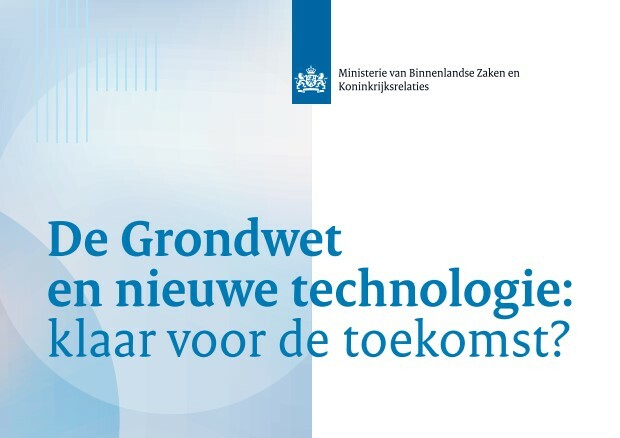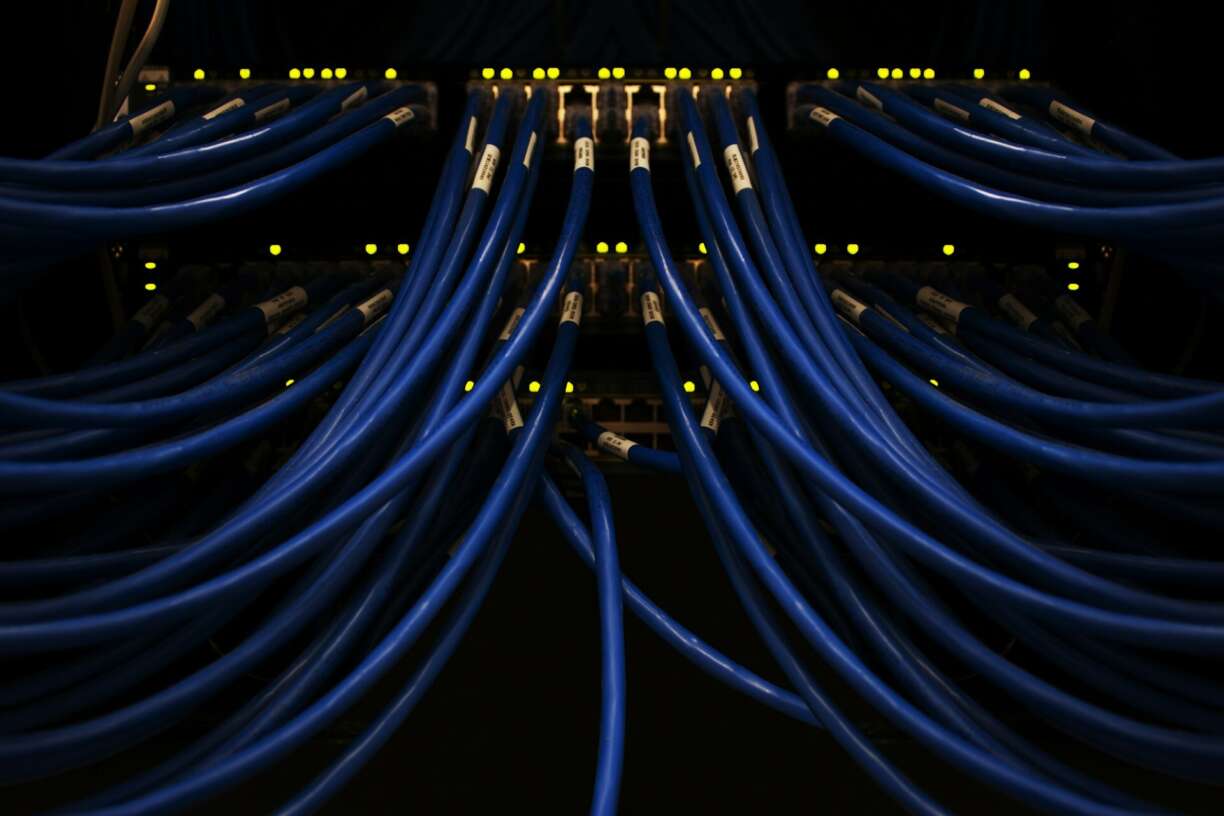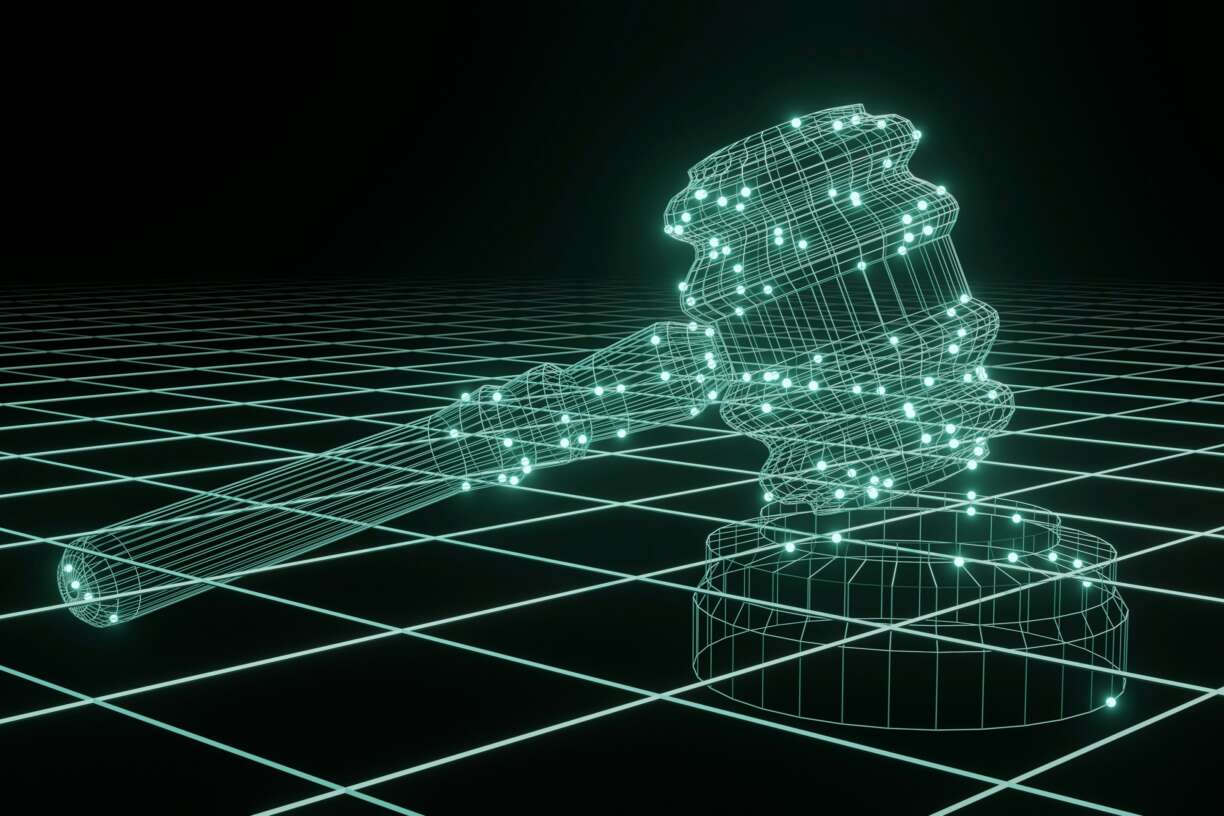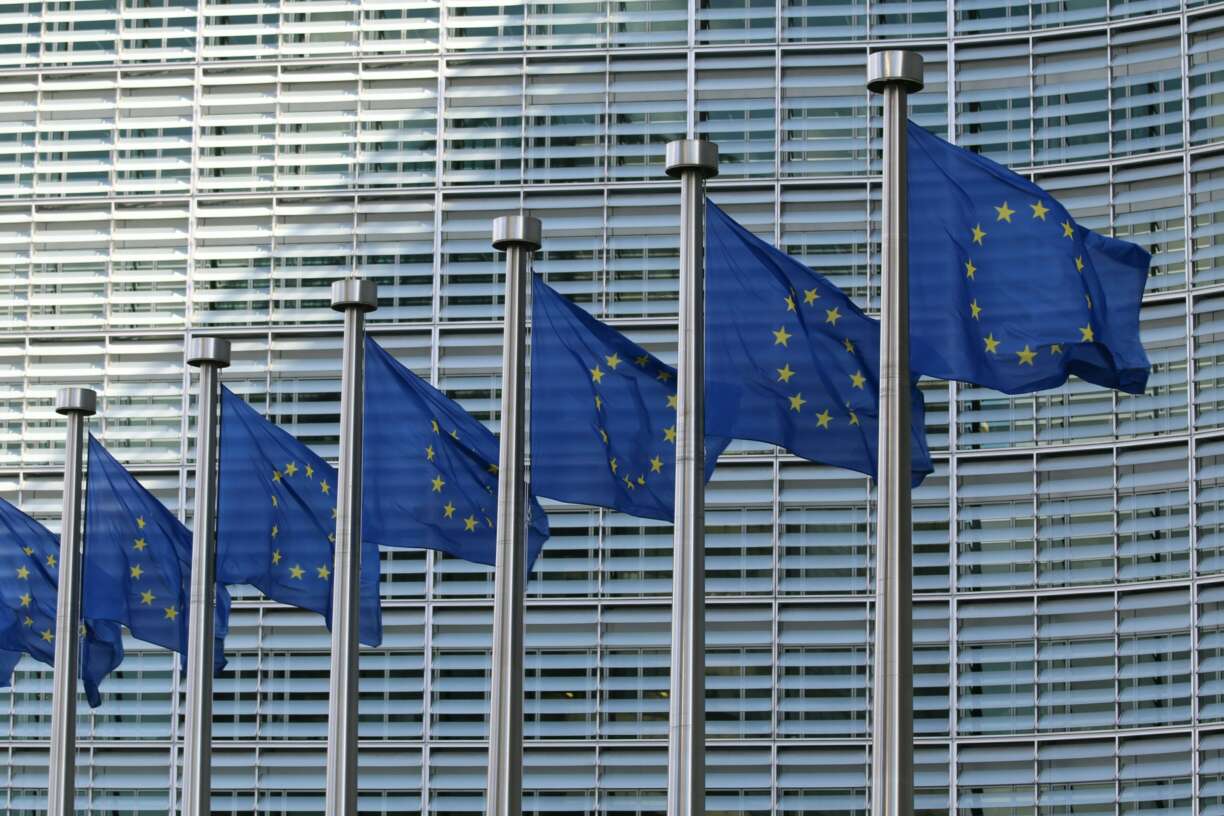October 03, 2024
Plea for the introduction of a 'monitorial power'

The Directorate of Constitutional Affairs and Legislation of the Ministry of the Interior and Kingdom Relations has invited a group of experts to reflect on the future of the Constitution in the context of technological development. The result is a published collection of essays titled De Grondwet en Nieuwe Technologie: Klaar voor de Toekomst? This collection includes twelve pleas for the modernization of the Constitution, addressing the question: Is the Constitution adequately equipped to address technological advancements?
The essay collection includes a contribution from prof. Albert Meijer: A plea for the introduction of a 'monitorial power', which is summarised below.
Summary
The essay argues for the establishment of a "monitoring power" to enhance the existing checks and balances in government, especially in light of technological advancements that increasingly rely on digital systems for policy execution. These systems, while often efficient, have raised concerns regarding biases and discrimination, evident in high-profile cases like the child benefits scandal in the Netherlands.
In section 1, the Technological Transformation of Government, Meijer argues that the modern state relies heavily on automated systems for various administrative processes, including subsidies and law enforcement. Many of these functions operate with minimal human oversight, which can lead to problematic outcomes. Research highlights the need to scrutinize these technologies to understand their long-term implications.
Section 2, Power Imbalance and Unintended Patterns stresses that the shift towards digital governance introduces the risk of “unseen” biases. For instance, algorithms intended to detect fraud can inadvertently target specific demographics disproportionately, without clear accountability. Historical cases illustrate how biases can become systemic and go unnoticed within individual decision-making frameworks.
Section 3 points at the Inadequate Current Checks and Balances. The existing framework of checks and balances is ill-equipped to handle the complexities introduced by digital governance. While legislative bodies set broad policies and judicial authorities oversee specific cases, there is no formal mechanism for systemic oversight of large-scale administrative practices. This gap allows for unexamined biases to perpetuate, as oversight tends to focus on individual decisions rather than overarching patterns.
In section 4, Meijer presents a Proposal for a Monitoring Power. To restore balance, the text proposes a dedicated institution for systematic oversight, termed the "monitoring power." This entity would be responsible for evaluating the large-scale application of laws and digital technologies, ensuring they do not foster discrimination or biases. Current institutions, such as the National Ombudsman and the Court of Audit, could evolve into this role, but would need enhanced authority and independence.
Section 5 presents the Implementation Steps: Establishing a monitoring power would require gradual reforms, building on existing institutions while empowering them with formal mandates to oversee both legislative and executive functions. This would help ensure that digital systems used in policy execution and judicial decision-making are continuously assessed for fairness and transparency.
The concluding section, focuses on the Importance for Democratic Legitimacy. Ultimately, the creation of a monitoring power is essential for maintaining public trust in democratic institutions. The increasing reliance on digital systems calls for an adaptive governance model that prioritizes accountability and the prevention of discriminatory practices. By strengthening checks and balances with a dedicated monitoring authority, the legitimacy of the democratic rule of law can be preserved in the digital age.
In conclusion, the text advocates for a proactive approach to governance in the face of technological changes, emphasizing the necessity of a monitoring body to safeguard democratic values and ensure equitable treatment within automated systems.
This is a summary. The full essay is part of the collection 'De Grondwet en nieuwe technologie: klaar voor de toekomst?' and was first published on Rijksoverheid on September 30, 2024.
More results /
 Je medisch dossier inladen in nieuwe functie ChatGPT? Denk 10.000 keer na
Je medisch dossier inladen in nieuwe functie ChatGPT? Denk 10.000 keer na
By Natali Helberger • January 19, 2026
By Roel Dobbe • November 24, 2025
By Roel Dobbe • November 12, 2025
 Combatting financial crime with AI at the crossroads of the revised EU AML/CFT regime and the AI Act
Combatting financial crime with AI at the crossroads of the revised EU AML/CFT regime and the AI Act
By Magdalena Brewczyńska • January 16, 2026
By Sabrina Kutscher • July 02, 2025
By Natali Helberger • March 06, 2025
By Maurits Kaptein • June 06, 2025
By Leonie Westerbeek • November 22, 2024
 Clouded Judgments: Problematizing Cloud Infrastructures for News Media Companies
Clouded Judgments: Problematizing Cloud Infrastructures for News Media Companies
By Agustin Ferrari Braun • January 29, 2026
By Fabio Votta • November 05, 2025
By Ernesto de León • Fabio Votta • Theo Araujo • Claes de Vreese • October 28, 2025





